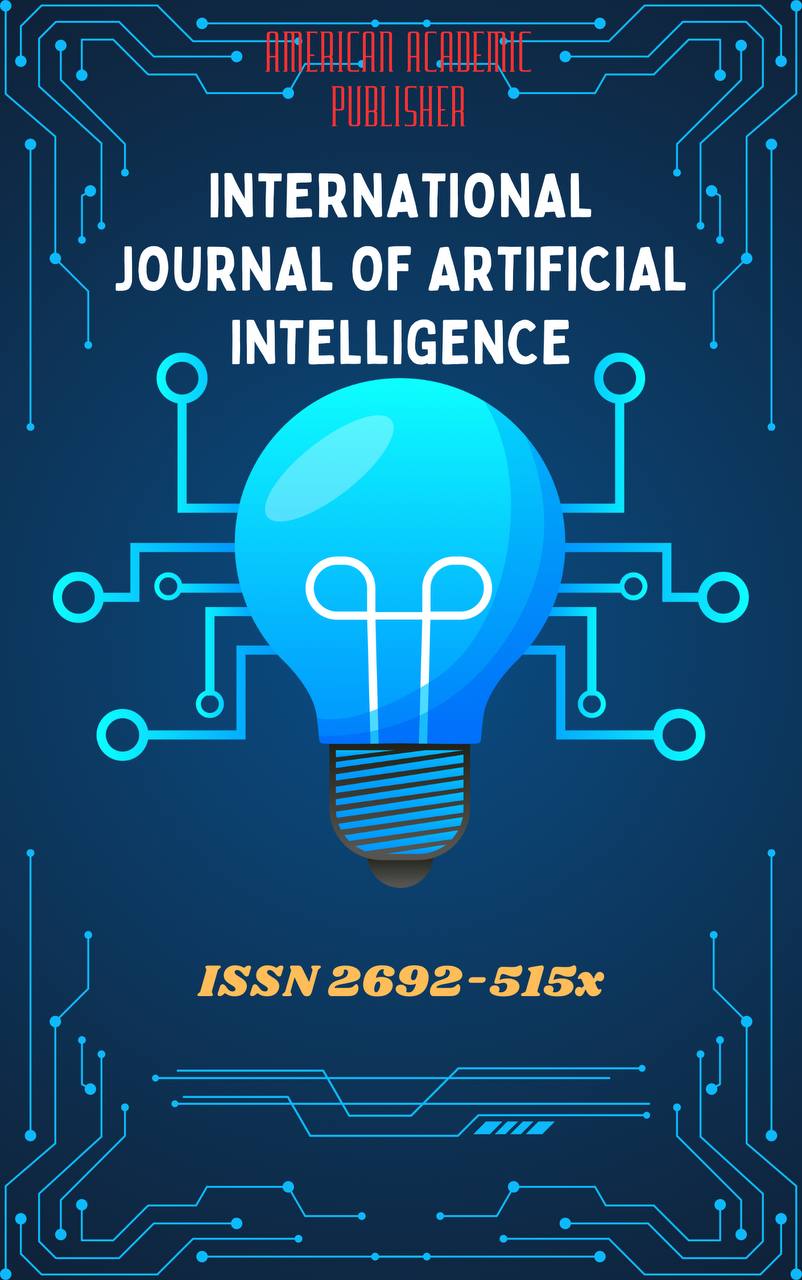 Articles
| Open Access |
Articles
| Open Access | SCIENTIFIC THEORETICAL FOUNDATIONS OF USING THE HERITAGE OF OUR SCIENTISTS IN THE FORMATION OF ENVIRONMENTAL EDUCATION IN PRIMARY GRADES
Urishova Khayriniso Muhammadali kizi , Master of Gulistan State Pedagogical InstituteAbstract
This article examines the scientific and theoretical foundations for integrating the legacy of prominent scientists into the development of environmental education for primary school students. It explores the pedagogical value of national scientific heritage, particularly the contributions of historical scholars such as Al-Biruni, Ibn Sina, and others whose ecological insights and nature-based philosophies can serve as a foundation for shaping environmental consciousness from an early age. The article also discusses strategies for curriculum integration, developmentally appropriate pedagogical methods, and the role of cultural identity in fostering responsible environmental behavior in young learners.
Keywords
Environmental education, primary education, scientific heritage, Al-Biruni, Ibn Sina, ecological thinking, national scientists, pedagogy, sustainable development, cultural identity.
References
Al-Biruni, A. R. (1030). Kitab al-Hind and Geodesy and Astronomy. Translated selections.
Ibn Sina, A. (1025). Canon of Medicine. Latin and Arabic excerpts.
UNESCO. (2017). Education for Sustainable Development Goals: Learning Objectives.
Vygotsky, L. S. (1978). Mind in Society: The Development of Higher Psychological Processes. Harvard University Press.
Piaget, J. (1970). Science of Education and the Psychology of the Child. Penguin.
Isakov, A. F., & Artikov, A. A. (2020). Improved process control system of flotation of potash ores. Am J Appl Sci, 2, 132-135.
Article Statistics
Downloads
Copyright License

This work is licensed under a Creative Commons Attribution 4.0 International License.

